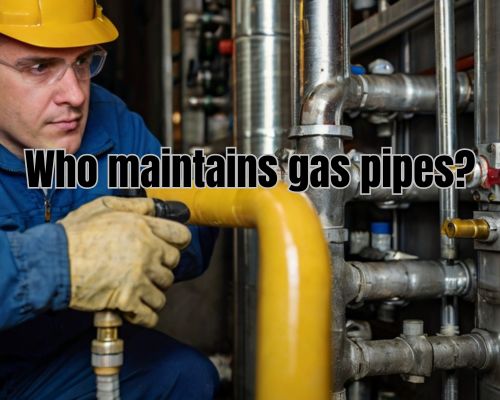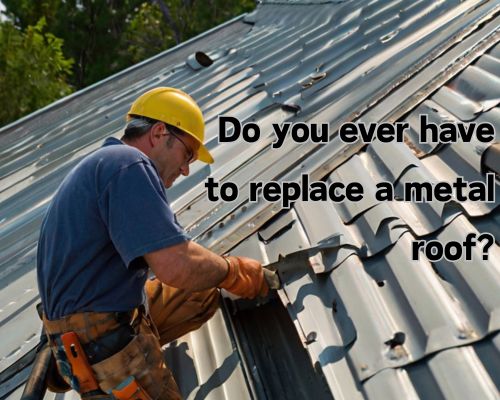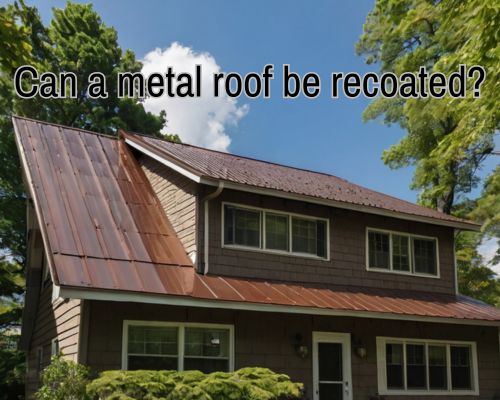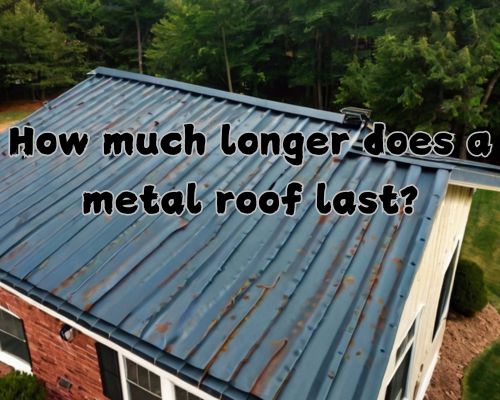Gas leaks pose a serious threat to safety and property. In Australia, where natural gas is a widely used energy source for residential and commercial purposes, knowing how to identify if gas is coming out of a pipe can prevent dangerous situations and even save lives. This guide will provide practical, insightful information on detecting gas leaks, discussing warning signs, safety measures, and the importance of professional services.
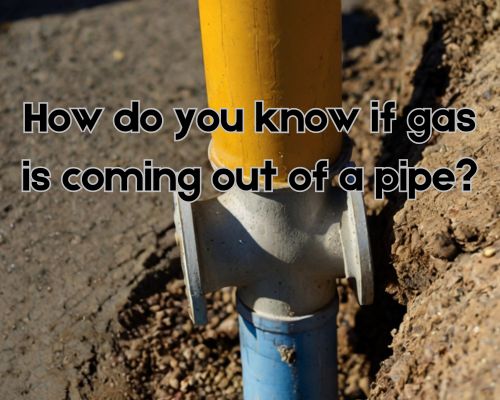
Understanding the Risks of Gas Leaks
Gas leaks occur when gas escapes from a pipe due to damage, improper installation, or wear and tear. Methane, the primary component of natural gas, is highly flammable. In enclosed spaces, a leak can lead to explosions, fires, and health risks caused by inhaling toxic fumes.
In Australia, where gas appliances are common in homes for cooking, heating, and hot water, regular inspection and maintenance of gas lines are critical. The country has stringent gas safety regulations, but even with these measures, leaks can happen, making it essential for every Australian homeowner to be vigilant.
Key Signs That Gas May Be Leaking from a Pipe
If you suspect a gas leak, look out for the following signs:
1. Unusual Odors
Natural gas is odorless, but a sulfur-like smell is added for safety. If you notice a “rotten egg” odor in or around your home, it could indicate a gas leak.
2. Hissing Sounds
A distinct hissing or whistling sound near gas lines, appliances, or meters may point to a gas leak. This noise is caused by gas escaping through a damaged section of the pipe.
3. Dead Vegetation Near Gas Pipes
In Australia, where lush gardens are a common feature, spotting patches of dead grass or plants near outdoor gas lines can signal a gas leak. Leaked gas can suffocate plant roots, leading to wilting and browning.
4. Physical Symptoms
Exposure to natural gas can cause nausea, headaches, dizziness, and respiratory irritation. If you or your family members experience these symptoms indoors, vacate immediately and investigate further.
5. Unexplained High Gas Bills
A sudden spike in your gas bill without a change in usage might indicate a hidden gas leak. Check your appliances and meters for irregularities, see https://plumberwarragul.com.au/.
What to Do if You Suspect a Gas Leak
If you suspect gas is coming out of a pipe, prioritize safety and follow these steps:
- Turn Off the Gas Supply Locate the main gas valve (often near the meter) and turn it off immediately.
- Ventilate the Area Open doors and windows to disperse the gas. Avoid switching on any electrical appliances, as this could ignite the gas.
- Evacuate the Premises Leave the area immediately. Ensure all occupants, including pets, are safely outside.
- Contact Emergency Services In Australia, call the National Gas Emergency Service on 1800 GAS LEAK (1800 427 532) for assistance.
- Engage Licensed Gas Fitters Only licensed gas fitters, accredited under Australian regulations, should repair or inspect gas leaks. Attempting a DIY fix is both illegal and dangerous, see https://plumberwarragul.com.au/.
Preventive Measures for Gas Leak Safety
Prevention is better than cure, and regular maintenance of your gas system is the best way to avoid leaks. Here’s how Australians can keep their gas systems safe:
1. Routine Inspections
Engage licensed professionals to inspect your gas pipes and appliances regularly. Australian standards, such as AS/NZS 5601, mandate specific guidelines for gas installations.
2. Install Gas Detectors
Gas detectors are essential for early detection, especially in enclosed spaces. These devices emit alarms when they sense high gas concentrations.
3. Monitor Appliances
Ensure all gas appliances are functioning correctly. Look out for irregular flames (e.g., yellow or orange instead of blue) or inefficient performance.
4. Educate Your Household
Teach family members, especially children, how to identify the signs of a gas leak and respond appropriately.
Gas Leak Laws and Regulations in Australia
In Australia, compliance with gas safety laws is essential for all property owners and renters. Key regulations include:
- Gas Safety (Gas Installation) Regulations: These govern how gas systems should be installed, maintained, and repaired.
- Mandatory Certification: Only certified gas fitters can conduct repairs or installations. Ensure the professional you hire holds a current gas fitting license.
- Tenant Rights: Landlords are responsible for ensuring gas appliances and lines are safe in rental properties. Annual safety checks are highly recommended.
The Role of Professional Gas Fitters in Leak Prevention
Licensed gas fitters play a vital role in maintaining the safety of Australian homes and businesses. Their expertise ensures that:
- Gas pipes and appliances meet Australian safety standards.
- Repairs and installations are conducted without compromising safety.
- Gas leaks are identified and resolved efficiently.
Look for professionals accredited by organizations like Master Plumbers Australia or the Australian Gas Association. Reviews and recommendations from local residents can also guide your choice.
Common Gas Leak Scenarios in Australian Homes
Australian climates and lifestyles can present unique challenges for gas systems. Here are some scenarios to watch for:
- Coastal Corrosion: Homes near the coast, like in Sydney or Brisbane, may experience faster pipe corrosion due to salty air.
- Extreme Weather: Heavy rains or floods can damage underground gas lines, especially in regions like Queensland.
- Aging Infrastructure: In older suburbs of Melbourne or Adelaide, aging pipes can develop leaks if not maintained.
Final Thoughts on Gas Leak Safety in Australia
Knowing how to detect if gas is coming out of a pipe is an essential skill for every Australian homeowner. Whether you’re in bustling Sydney, sunny Brisbane, or the quiet suburbs of Perth, staying alert to gas leaks can protect your family and property. By understanding the warning signs, following safety protocols, and engaging licensed professionals, you can ensure your home remains safe and compliant with Australian regulations.
If you suspect a gas leak, don’t delay. Prioritize safety and call a professional to address the issue promptly. Remember, early detection is key to avoiding potential disasters. Stay informed, stay safe, and ensure your gas systems are always in optimal condition.
